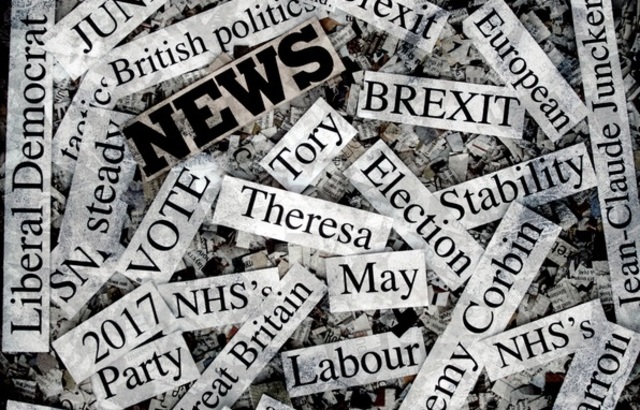In July 2015, her predecessor David Cameron delayed plans to implement a £72,000 cap on long-term care, known as the ‘Dilnot Cap’, which had been due to come into force by 2020.
Introducing the Conservative Party’s election manifesto on Thursday, May said politicians could no longer “duck the issue” and that the UK government had been “working on a long-term solution” for the needs of an ageing population.
It means wealthier people with more than £100,000 in assets will have to pay for their own elderly care out of the value of their homes, rather than relying on the council to cover the costs of visits by care workers.
Currently, anyone with assets of over £23,250 is expected to pay the full cost of their care.
For residents of a care home or a nursing home, the value of their house can be taken into account.
Death tax
Taxpayers can defer payment as the state will deduct the cost from their estate when they die, which commentators have liked to a ‘death tax’.
Tom Selby, senior analyst at investment platform AJ Bell, said “The reversal of the plans to put a £72,000 cap on social care costs means more people will have to pay more for long-term care.
“The proposed £100,000 capital floor below which assets will be protected will include people’s houses and we are a nation of homeowners. This means large numbers of people are going to have to make their own arrangements to fund long-term care or defer payment until their death.”
The British leader also announced she will be scrapping free school lunches for infants in England, but offer free breakfasts across the primary years – a move which has earned her the nickname ‘Lunch Snatcher’.
Double lock
In the run up to the UK election on 8 June, May said her party plans to scrap the triple-lock on the state pension, which guarantees it rises by the highest of average earnings, inflation or 2.5%.
Instead, it will be replaced with a double lock, removing the 2.5% guarantee.
For the first since its introduction, the winter fuel payment will become means test taking away £300m from wealthier pensioners.
May also pledged that if she is re-elected, her government will increase the personal allowance to £12,500 and the higher rate to £50,000 by 2020.








